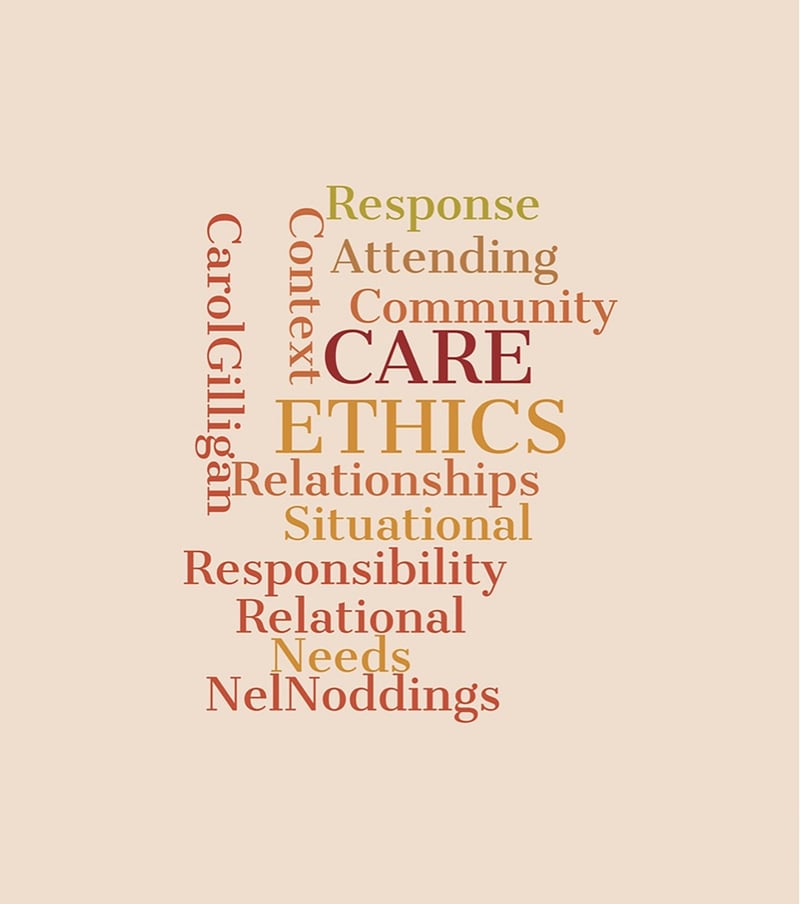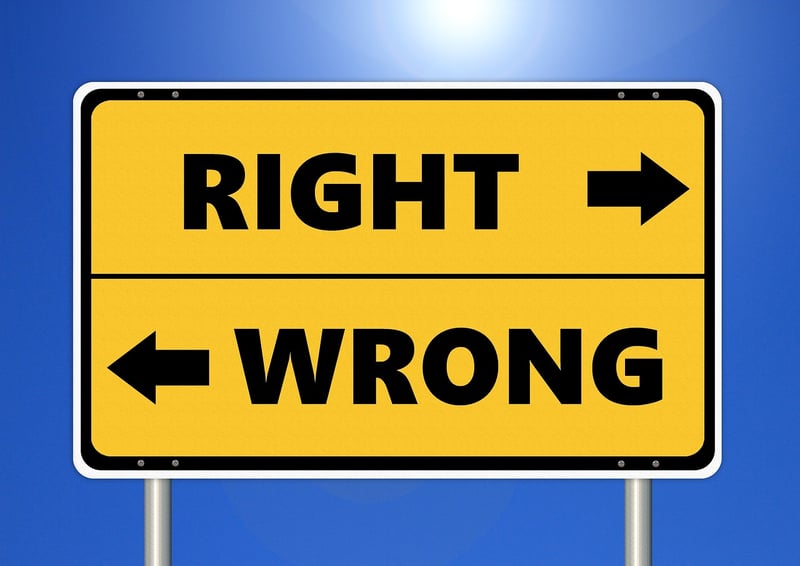Moral Responsibilities
Ethical Considerations and Moral Responsibilities
In today's complex world, ethical considerations and moral responsibilities play a crucial role in guiding individuals, organizations, and societies towards making decisions that are not only legally sound but also morally upright. Understanding the importance of ethical principles and moral obligations can lead to a more harmonious coexistence and a sustainable future for all.
The Difference Between Ethics and Morals
Before delving deeper into the subject, it's essential to distinguish between ethics and morals. While often used interchangeably, ethics typically refer to a set of rules provided by an external source, such as a professional body or a code of conduct, whereas morals are individual beliefs about what is right and wrong.
Why Ethical Considerations Matter
At the heart of ethical considerations is the idea of doing what is right, even when no one is watching. Ethical behavior builds trust, fosters a positive reputation, and cultivates strong relationships. It ensures fairness, honesty, and respect for all parties involved, leading to a more just society.
The Role of Moral Responsibilities
Moral responsibilities stem from an individual's internal compass of right and wrong. They guide personal behavior and decision-making processes. Recognizing and fulfilling moral responsibilities not only contributes to personal integrity but also influences the collective moral fabric of a community.
Challenges in Upholding Ethics and Morals
Despite the importance of ethical considerations and moral responsibilities, various challenges can hinder their implementation. Pressures to prioritize profits over principles, cultural differences in ethical standards, and the temptation to cut corners for personal gain are just a few obstacles that individuals and organizations may face.
Strategies for Navigating Ethical Dilemmas
When confronted with ethical dilemmas, it is crucial to have a framework in place to guide decision-making. Seeking advice from mentors or ethics committees, considering the long-term consequences of actions, and staying true to core values are effective strategies for navigating complex ethical issues.
Embracing Ethical Leadership
Leaders, in particular, have a significant role to play in promoting ethical considerations and upholding moral responsibilities within their organizations. By setting a positive example, fostering a culture of integrity, and holding themselves and others accountable, ethical leaders can inspire trust and drive sustainable success.
Conclusion
In conclusion, ethical considerations and moral responsibilities are essential pillars of a just and sustainable society. By understanding the difference between ethics and morals, recognizing the challenges in upholding them, and embracing ethical leadership, individuals and organizations can contribute to a world guided by integrity, fairness, and respect for all.


